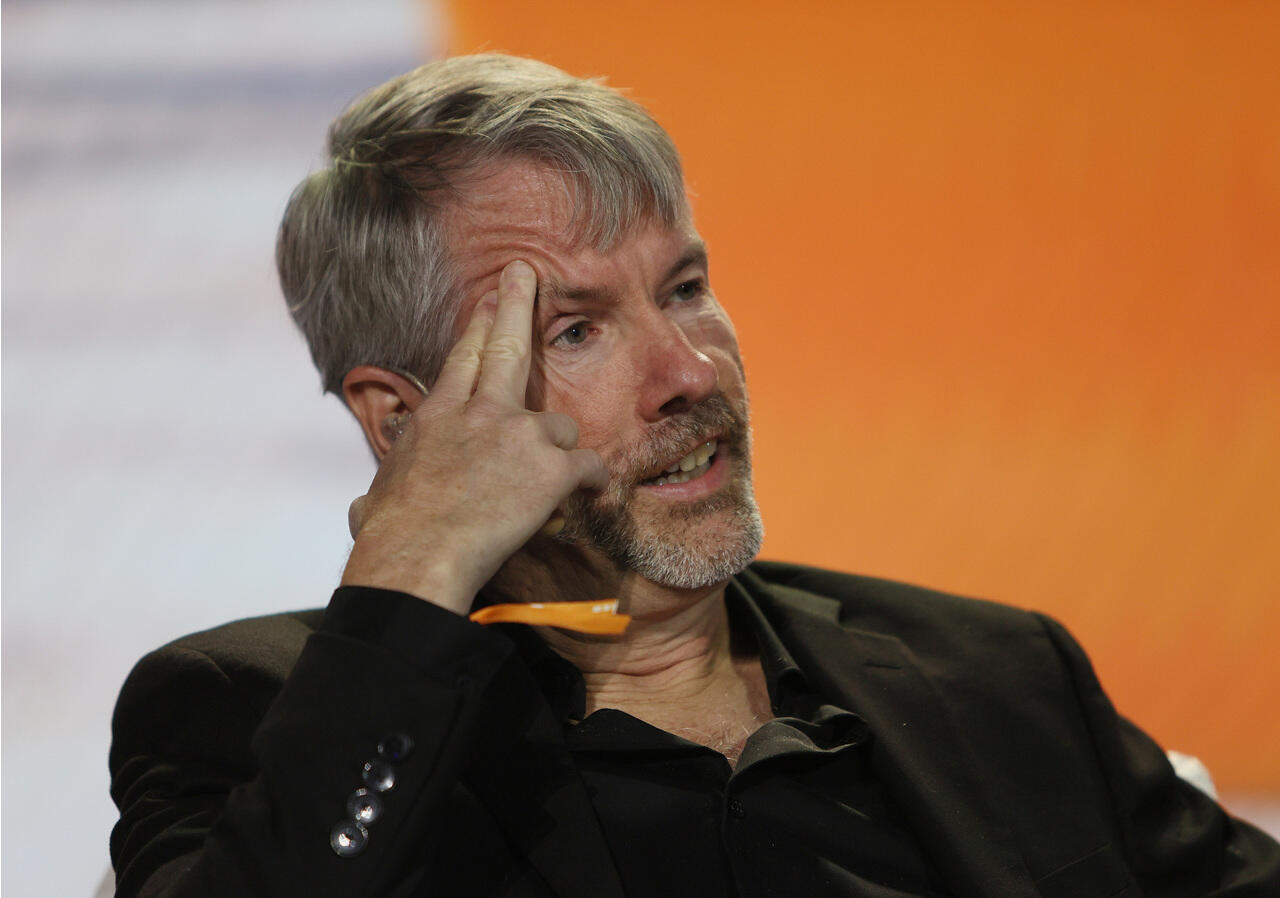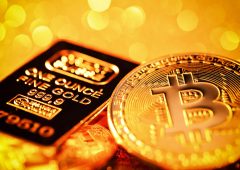Michael Saylor Proposes U.S. Government Acquire 25% of Bitcoin’s Supply Over Next Decade
09.03.2025 19:00 1 min. read Alexander Stefanov
Michael Saylor, the founder of Strategy, has put forward an ambitious plan for the U.S. government to secure up to 25% of Bitcoin’s total supply over the next decade.
In a detailed proposal titled “A Digital Assets Strategy to Dominate the 21st Century Global Economy,” Saylor suggests that the U.S. should implement consistent daily purchases of Bitcoin between 2025 and 2035, when most of the total supply will have already been mined.
Saylor emphasized that the government should adopt a “never sell your Bitcoin” policy, foreseeing that by 2045, the reserve could generate up to $10 trillion annually. He projects that, over the next few decades, the reserve could contribute between $16 trillion and $81 trillion to the U.S. Treasury, potentially alleviating the national debt.
This proposal follows a significant move by President Trump, who signed an executive order to create a “Strategic Bitcoin Reserve” and “Digital Asset Stockpile” funded by cryptocurrency seized from criminal cases. While no immediate plan for additional Bitcoin purchases was included, the order directed Treasury and Commerce officials to explore strategies to acquire Bitcoin without increasing taxpayer costs.
Saylor’s proposal stands out by suggesting the U.S. acquire 5.25 million BTC, significantly higher than the 1 million BTC proposed by Senator Cynthia Lummis in her Bitcoin Act. Meanwhile, Saylor’s company continues to increase its Bitcoin holdings, having recently invested an additional $2 billion in the digital asset.
-
1
Strategy Claims It Can Weather a Bitcoin Crash to $20K Without Trouble
16.07.2025 14:08 1 min. read -
2
Peter Schiff Warns of Dollar Collapse, Questions Bitcoin Scarcity Model
12.07.2025 20:00 1 min. read -
3
Corporate Bitcoin Adoption Soars: 125 Public Companies Now Hold BTC
16.07.2025 20:00 2 min. read -
4
Bitcoin ETFs See $1B Inflow as IBIT Smashes Global AUM record
11.07.2025 21:00 1 min. read -
5
Bitcoin Reaches $119,000 Milestone as Corporate Demand and ETF Inflows Rise
13.07.2025 17:45 2 min. read
Where Is The Smart Entry Point For Bitcoin Bulls?
With Bitcoin hovering near $119,000, traders are weighing their next move carefully. The question dominating the market now is simple: Buy the dip or wait for a cleaner setup?
Matrixport Warns of Bitcoin Dip After Hitting This Target
Bitcoin has officially reached the $116,000 milestone, a level previously forecasted by crypto services firm Matrixport using its proprietary seasonal modeling.
Bitcoin Risk Cycle Flips Again as Market Enters Safer Zone
Bitcoin’s market signal has officially shifted back into a low-risk phase, according to a new chart shared by Bitcoin Vector in collaboration with Glassnode and Swissblock.
Robert Kiyosaki Warns of 1929-Style Crash, Urges Bitcoin Hedge
Financial author Robert Kiyosaki is once again sounding the alarm on America’s economic health.
-
1
Strategy Claims It Can Weather a Bitcoin Crash to $20K Without Trouble
16.07.2025 14:08 1 min. read -
2
Peter Schiff Warns of Dollar Collapse, Questions Bitcoin Scarcity Model
12.07.2025 20:00 1 min. read -
3
Corporate Bitcoin Adoption Soars: 125 Public Companies Now Hold BTC
16.07.2025 20:00 2 min. read -
4
Bitcoin ETFs See $1B Inflow as IBIT Smashes Global AUM record
11.07.2025 21:00 1 min. read -
5
Bitcoin Reaches $119,000 Milestone as Corporate Demand and ETF Inflows Rise
13.07.2025 17:45 2 min. read


